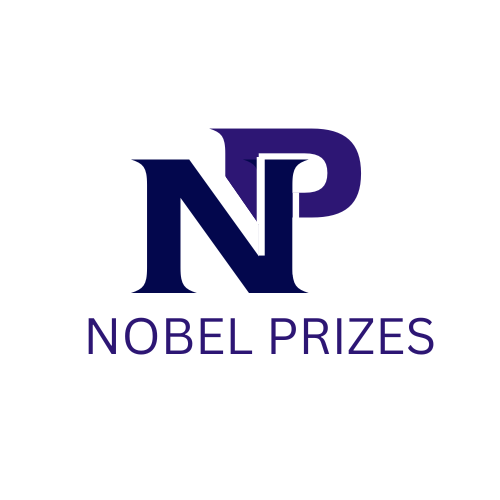

Marie Curie was the first woman to win a Nobel Prize, and she remains the only person to have won Nobel Prizes in two different scientific fields. Her pioneering research on radioactivity led to groundbreaking discoveries in physics and chemistry, including the discovery of the elements radium and polonium.
Awarded the Nobel Prize in Physics in 1921 for his discovery of the photoelectric effect, which was pivotal in the development of quantum theory. Einstein’s theories transformed the fields of physics, astronomy, and cosmology. Einstein is best known for his theory of relativity, which revolutionized our understanding of space, time, and energy.
Awarded the Nobel Peace Prize for his nonviolent resistance to racial segregation and his leadership in the American civil rights movement. King advocated for racial equality, justice, and peace through peaceful protests.At 35 years old, King remains the youngest recipient of the Nobel Peace Prize.
Malala Yousafzai, a Pakistani education activist, became the youngest-ever Nobel laureate at age 17. She was awarded the Nobel Peace Prize for her courageous efforts to advocate for girls' education, especially in the face of Taliban oppression in Pakistan. Malala has written a memoir, "I Am Malala," which has been translated into over 40 languages.
Awarded the Nobel Peace Prize alongside F.W. de Klerk for their work in dismantling apartheid in South Africa and fostering a peaceful transition to a multiracial democracy.Mandela’s leadership in promoting reconciliation and his commitment to justice have made him a global icon for peace, equality, and human rights.
The American singer-songwriter was awarded the Nobel Prize in Literature for his profound influence on modern music and culture. Dylan’s lyrics explore themes of social justice, freedom, and human rights. Bob Dylan’s music has resonated with generations of listeners and has shaped the cultural and political landscape of the 20th and 21st centuries.
Winston Churchill, the British Prime Minister during World War II, was awarded the Nobel Peace Prize for his leadership in the wartime period and his efforts to preserve democracy. His speeches, particularly during the Battle of Britain, galvanized the Allied forces to fight against Nazi Germany. Churchill's vision and leadership not only contributed to the Allied victory but also laid the groundwork for the post-war international order.
Frédéric Joliot-Curie, the husband of Irène Joliot-Curie, was awarded the Nobel Prize in Chemistry in 1935 for his synthesis of new elements. Together with his wife, he was instrumental in the discovery of artificial radioactivity, which revolutionized the field of nuclear science. The Joliot-Curies’ pioneering work laid the foundation for the development of nuclear energy.
Mother Teresa was awarded the Nobel Peace Prize for her lifelong work helping the poor, sick, and destitute in Kolkata, India. She founded the Missionaries of Charity, which has grown into a worldwide organization dedicated to providing humanitarian aid. Mother Teresa's selfless service and compassion made her an iconic figure in global humanitarianism.
Ernest Hemingway, one of the most significant American authors of the 20th century, won the Nobel Prize in Literature for his mastery of the narrative art and his influence on contemporary style. Known for works such as The Old Man and the Sea, Hemingway's writing focuses on themes of courage, loss, and human resilience.
Mikhail Gorbachev, the last leader of the Soviet Union, was awarded the Nobel Peace Prize for his role in ending the Cold War. His policies of glasnost (openness) and perestroika (restructuring) transformed Soviet society and led to greater political freedoms. His efforts in de-escalating nuclear tensions and promoting a new world order earned him global recognition.
Baruch S. Blumberg, an American physician, won the Nobel Prize in Physiology or Medicine for his discovery of the Hepatitis B virus and the development of the vaccine against it. His work revolutionized the understanding and prevention of viral infections, saving millions of lives worldwide.
An insightful look into the history of the Nobel Prizes and the groundbreaking discoveries of the laureates.
Download PDFA collection of fascinating stories and struggles about Nobel Prize winners and the impact of their work on the world.
Download PDFA book on Nobel Prize facts reveals the history, key moments, and remarkable achievements of its laureates.
Download PDF